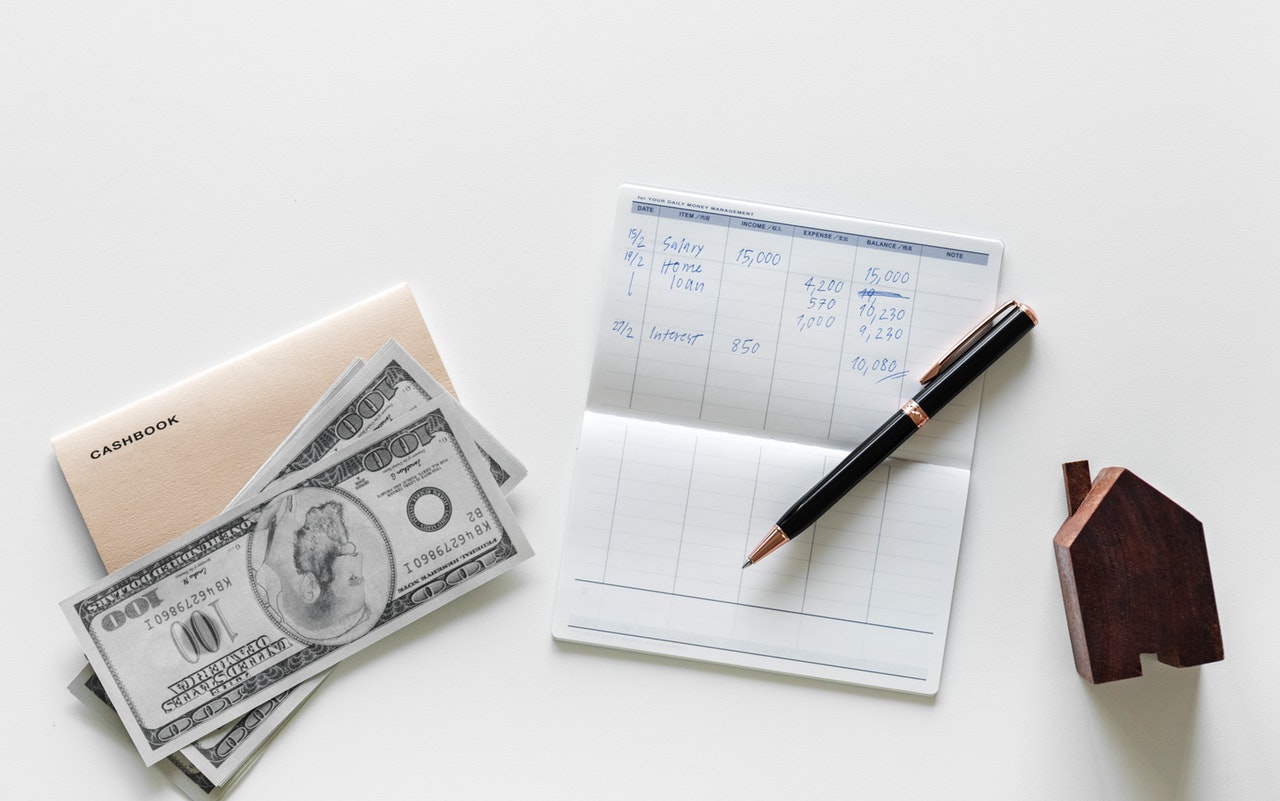Avoiding Business Taxes
If you are self employed, tax law allows you to deduct ordinary business expenses from your tax liability. This can be helpful in making sure you owe fewer taxes each year, but making sure all reported expenses are accepted by the IRS can be tricky. For this reason, it is important to have clear evidence that all reported expenses can be attributed to your business.
One recent example of such an issue comes from a man running his own masonry business. In 2010, the taxpayer reported $25,000 of business income, while the IRS concluded he had received $35,000. The taxpayer claimed the remaining $10,000 was from the sale of damaged property and checks deposited into the business account by his son. Unfortunately for the taxpayer, when the case went to trial, the court ruled against him, as they assume any deposit into a business account is business income, unless there is documentation proving otherwise.
Based on this story, it is clearly important to differentiate between personal and business funds. One way to do this is to keep documentation of what each check is given or received for, but this is sometimes insufficient. The best way to separate your personal and business-related funds is to use different accounts for each, never mixing the two.



